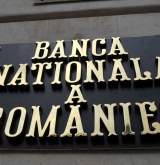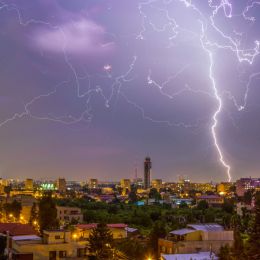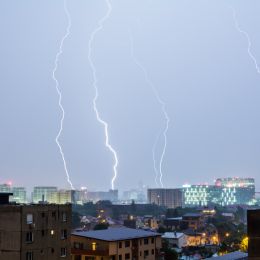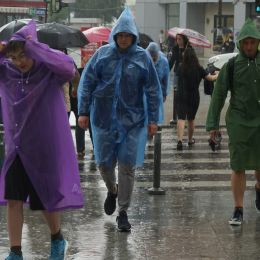Romania and Latvia are expected to experience their second and third years, respectively, of economic contraction in 2010, although the rates of decline have decelerated sharply. For example, Latvia posted an estimated 18 percent contraction in 2009 and is projected to contract by a further 3.5 percent in 2010.
The World Bank also pointed out that remittances inflows to Romania and Poland also fell sharply in 2009, but this primarily reflects economic weakness and higher unemployment in the European Union.
Growth in Russia is expected to reach 4.5 percent, following a 7.9 percent contraction in 2009, while Poland and Turkey are forecast to grow by 3.0 and 6.3 percent, respectively.
GDP growth in Europe and Central Asia is projected to expand 4.1 percent in 2010 and firm further by 4.2 percent and 4.5 percent in 2011 and 2012, respectively.
The contraction in industrial production was more pronounced in smaller countries, particularly those that entered the recession with large current account deficits that were supported by rapid credit expansion financed through debt-creating flows (Armenia, Belarus, Bulgaria, Latvia, Lithuania, Montenegro, Moldova, Romania and Ukraine).
The World Bank warned that “in particular, one issue to follow in coming months is the case of Greek banks that hold large shares of outstanding loans in Albania, Bulgaria, Romania, and Serbia”.
“Should Greek banks in an effort to restore their own balance sheets choose (or are forced) not to renew loans, this could have significant implications for investment and economic activity in this group of countries”, World Bank said.
The institution predicts an economic contraction of 0.5% in 2010, after 7.1% contraction in 2009. The economic growth could return in the positive territory in 2011, with 3.6% increase and 4.4% in 2012.
Romania’s current account deficit is expected to deepen further from 4.5% of GDP in 2009 to 5% of GDP in 2010, and could remain in this range in 2011 and 2012.
Citeste si:
Calculator Salariu: Află câți bani primești în mână în funcție de salariul brut »
Te-ar putea interesa și:


















































































![HR [PLAY] Tech Workout - 11...](https://www.wall-street.ro/image_thumbs/thumbs/973/973fe0a3888d417feff63de42e814180-260x260-00-65.jpg?v=1713953835)









